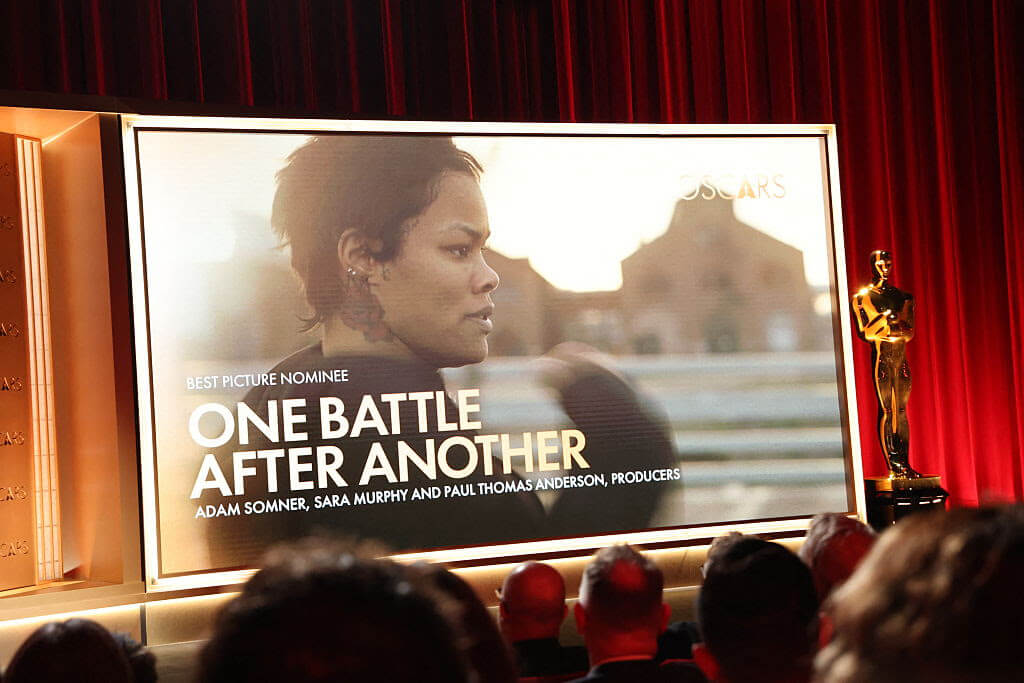Labor Pains
The nomination of Craig Becker to the National Labor Relations Board appears to be history. In a 52-33 vote on February 9, Senate Democrats failed to muster the 60 votes needed to bring this long-awaited name to the floor for approval. A union lawyer who worked on President Obama’s transition team, Becker was opposed even by some Democrats from states like Nebraska and Arkansas, where “right-to-work” laws rule.
In addition to this being another example of the waning ability of unions to counteract the lobbying blitz conducted by business interests to stop a nominee, it also speaks to the deeper dysfunction in Congress, which is stopping the federal government from doing its job.
The NLRB — charged with conducting elections for labor union representation and with investigating and remedying unfair labor practices — is one of those federal agencies with a reach much greater than its profile. It’s no surprise that an Obama administration is going to appoint people with a different take on labor than its Republican predecessor.
Nonetheless, the stubborn stalemate in the Senate has left the agency with three vacancies, a backlog of hundreds of pending cases, and a real challenge to the NLRB’s ability to function. (The Supreme Court has agreed to review whether decisions made with only two members are valid.) Wilma Liebman, the NLRB’s chair and a Democratic appointee, recently made a rare plea to lawmakers to confirm Becker and the two other nominees (one Democrat, one Republican) who have been held up since last summer.
But the party of “no” just keeps shaking its head. Republicans complained that Becker would try to surreptitiously enact pro-union rules and criticized him for statements made in a law review article published 17 years ago. One wonders whether anyone who worked for a living while carrying a union card would pass muster.
In the latest issue of The Atlantic, James Fallows argues that America can rise again if the nation fixes its outdated system of governance. “That is the American tragedy of the early-21st century: a vital and self-renewing culture that attracts the world’s talent, and a governing system that increasingly looks like a joke.” He wasn’t referring to this latest roadblock, but he could have been.
















